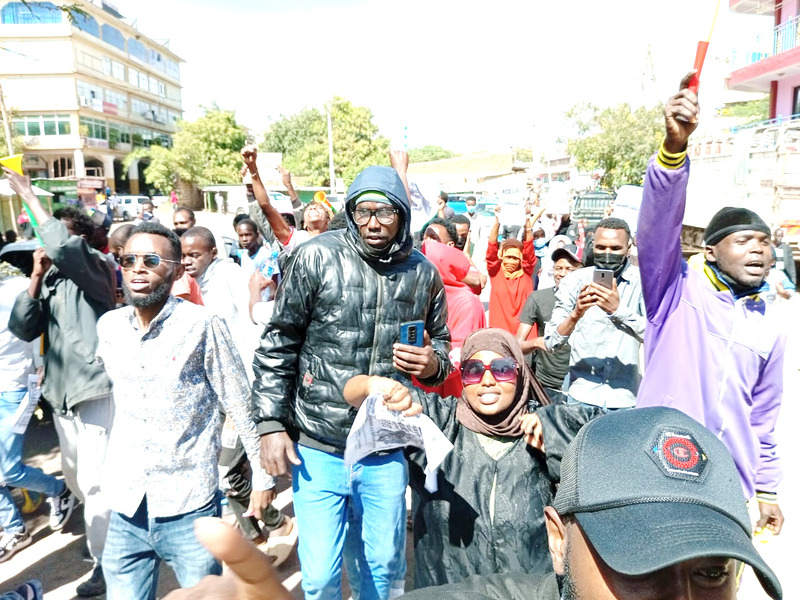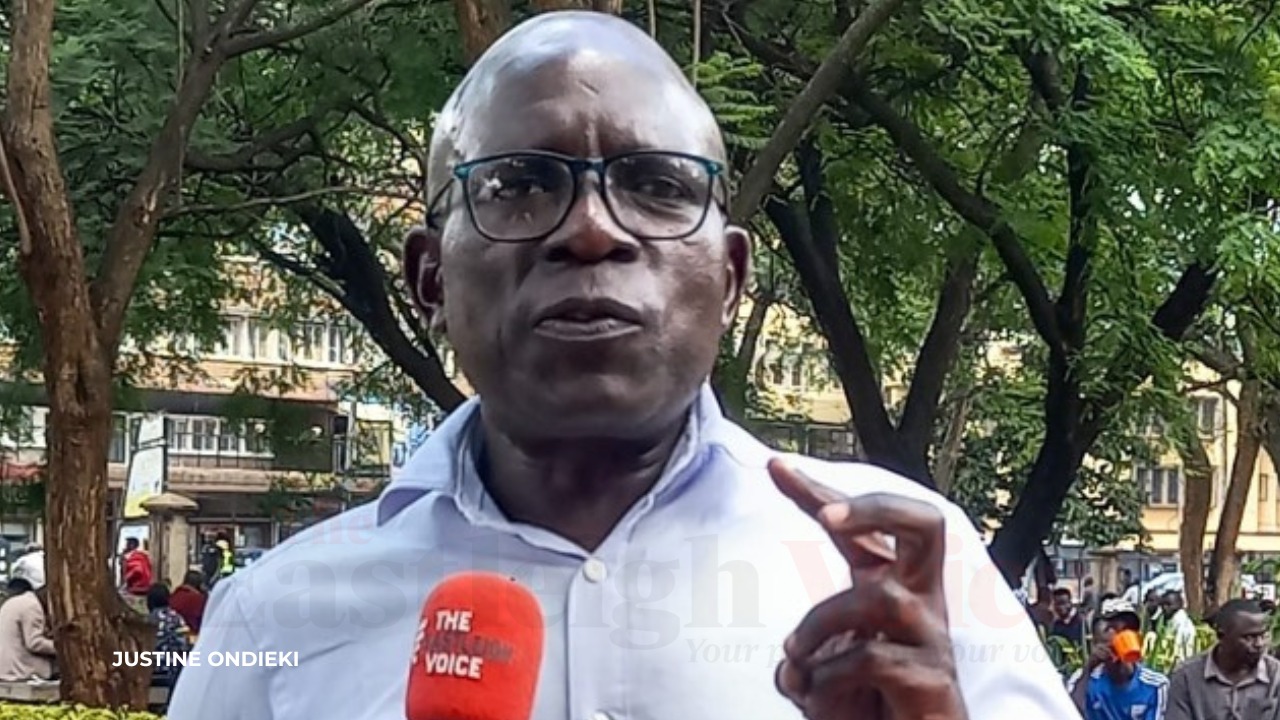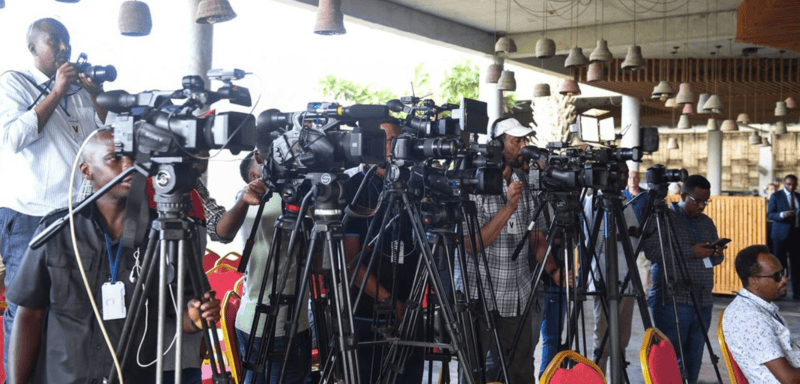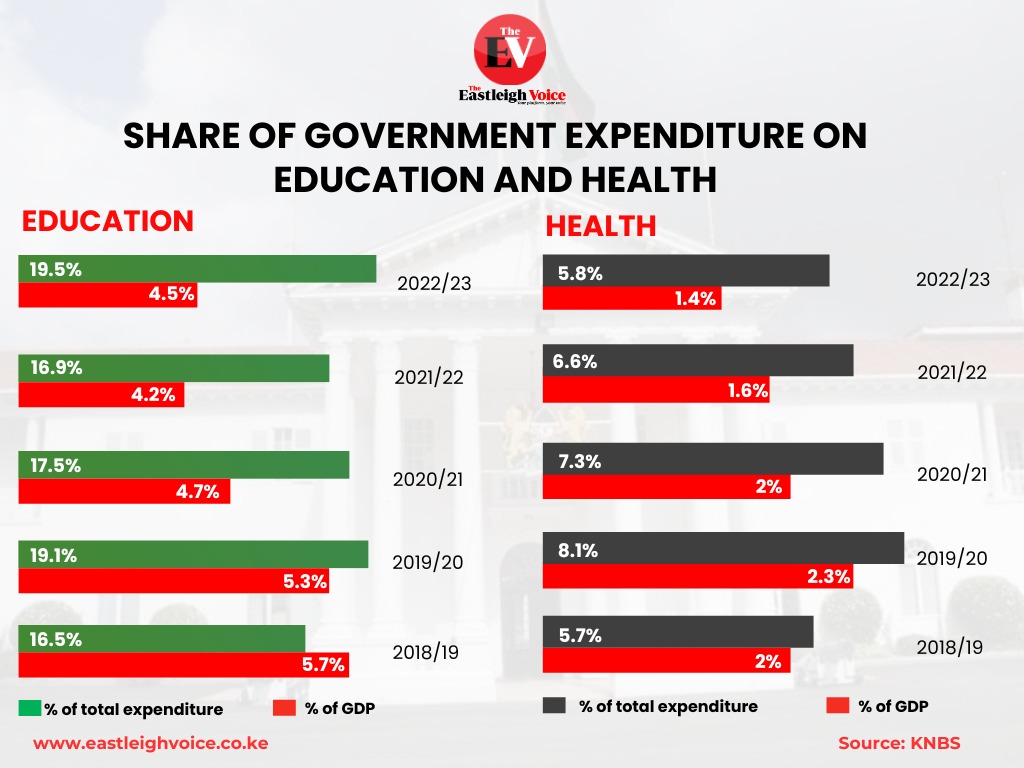OPINION: Protests over Finance Bill usher in a new dawn for activism

Unfortunately, the answer points to a pressing need for comprehensive civic education that reaches every corner of our nation, particularly the rural areas where misinformation and manipulation are rampant.
Kenyans have done a wonderful job of pressurising both the Members of the National Assembly and the Executive to ensure they review the Finance Bill 2024. Despite some government officials dismissing the online protest as a “non-issue”, Kenyans have proven the government wrong.
The collective efforts by many Kenyans seem to favour the country, which would suffer if the Bill were to be passed in its original form and assented to by President William Ruto.
More To Read
- Kanja admits police could have done better in handling Gen Z protests, advocates for training
- Over 100 facilities accredited by SHA to provide cancer care after protests
- LSK’s Faith Odhiambo quits Ruto’s victims compensation panel over legal delays, court hurdles
- From detention to global recognition: Rose Njeri named in 2025 Time100 Next list
- LSK faults CS Murkomen over defiance of High Court ruling on masked police officers during protests
- How protests over Finance Bill hurt Nairobi’s daily revenue collections
Even as I compliment Kenyans, especially those on X, for taking up the matter and protesting, there is one thing that the “working class” needs to do urgently.
Have you ever wondered why all these politicians would win a second term even after previously performing dismally? These people would be voted back because it is not us “the working class” that vote for them, but those whom they call the “hustlers”.
Many Kenyans who are struggling are easily swayed by handouts of as little as Sh500 given during campaigns by politicians. These are the people who end up voting for these same leaders we are blaming for our woes.
We need to ask ourselves: are the Kenyan voters adequately informed about their rights and responsibilities? Do they understand the implications of policies, such as the Finance Bill, which directly impact their lives beyond election cycles?
Unfortunately, the answer points to a pressing need for comprehensive civic education that reaches every corner of our nation, particularly the rural areas where misinformation and manipulation are rampant.
To address this challenge, a robust civic education campaign is imperative. This campaign must go beyond superficial explanations of voting procedures and political structures.
It must delve into the substance of policies, such as the Finance Bill, and their ramifications, which affect everything from taxation to public services. Villages and rural communities, where access to accurate information can be limited, should be the primary focus of these efforts.
Furthermore, civic education should not be a sporadic effort restricted to election seasons. It should be an ongoing initiative that empowers citizens to critically analyse political discourse, demand transparency from their leaders, and hold them accountable for their actions.
By fostering a culture of informed citizenship, we can cultivate a voting populace that values integrity, competence, and vision over momentary gratification.
Investing in civic education is not merely a matter of moral duty but a strategic imperative for the future of Kenya's democracy.
A well-informed electorate serves as a bulwark against manipulation and ensures that elected leaders are genuinely representative of the people's aspirations and interests. It strengthens governance foundations and paves the way for sustainable development and equitable progress.
While the temptation to accept financial inducements during campaigns may be strong for some, the ultimate power lies in the hands of every voter to shape the destiny of our nation.
Let us seize this opportunity to prioritise civic education as a catalyst for positive change, bridging the gap between electoral choices and the collective well-being of all Kenyans.
It is time to empower citizens with knowledge so that they vote not just for today, but for a brighter and more prosperous tomorrow for all. We need not fight on X only, but on the ground as well.
As Kenyans say, sometimes “Kwa ground vitu ni different” (at the grassroots things are different).
The writer is a Mombasa-based communication and marketing expert.
Top Stories Today











































